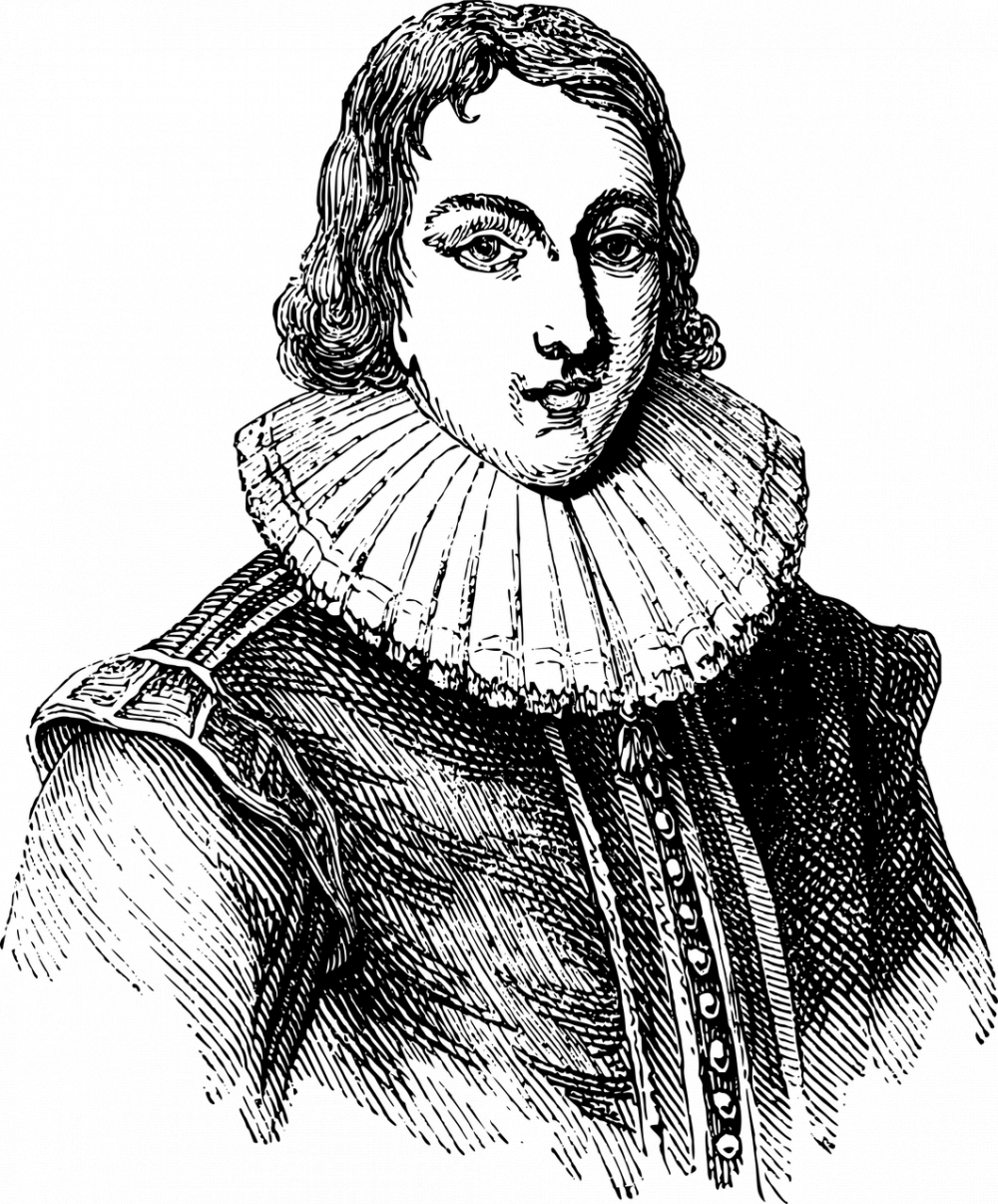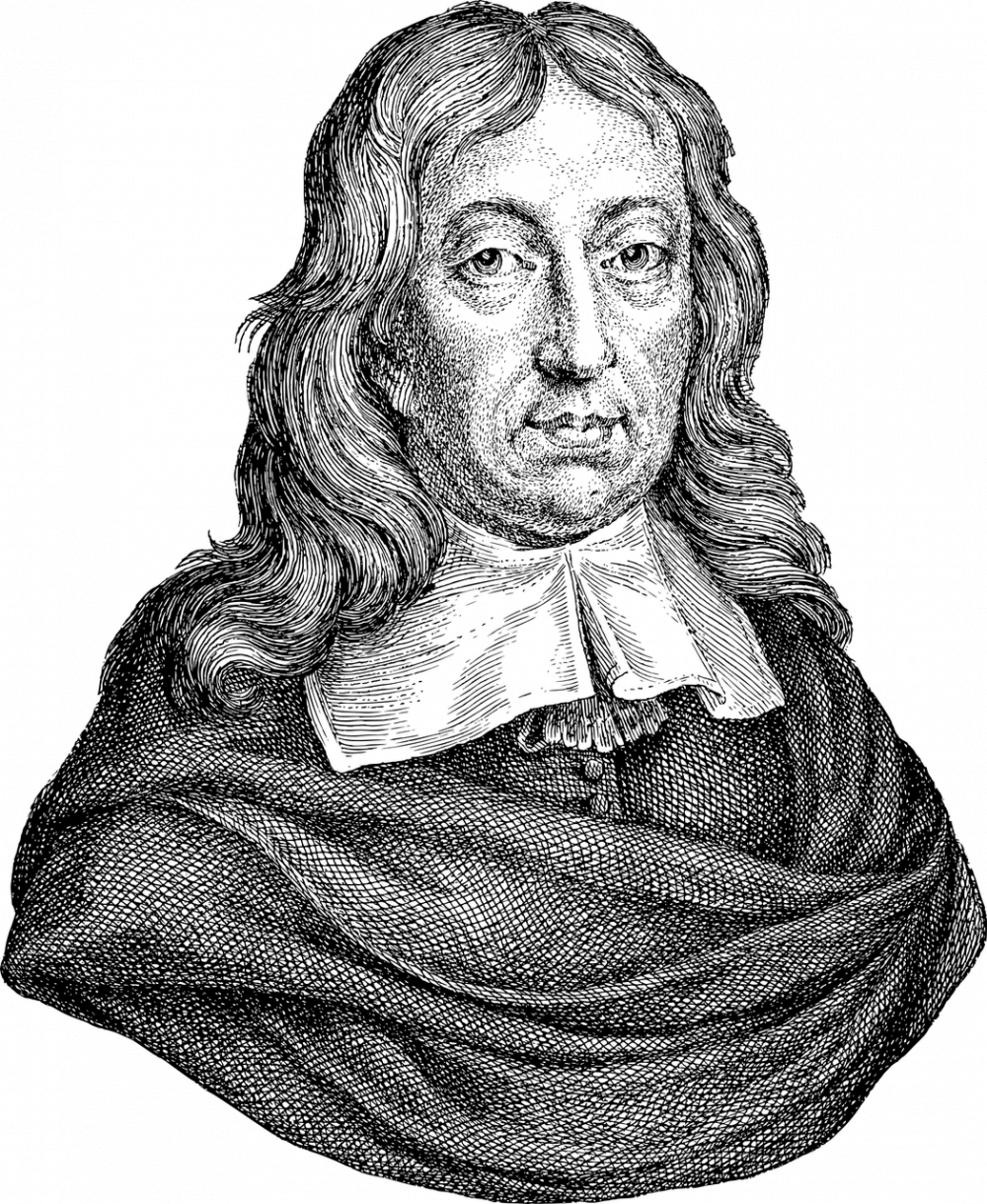George Orwells Animal Farm is a renowned allegorical novella that delves deep into the human condition, power dynamics, and the corrupting nature of authority

Published in 1945, this masterpiece has captivated readers for generations, leaving a lasting impact on literature, politics, and society as a whole.
In Animal Farm, Orwell tells the story of a group of farm animals who overthrow their human oppressors and establish their own utopian society. Led by the pigs, the cleverest and most power-hungry animals, the farm initially flourishes under the principles of Animalism, a philosophy aimed at promoting equality and justice. However, as time goes on, the pigs start to betray the very ideals they once fought for, transforming into oppressive dictators.
One of the most significant themes in Animal Farm is the corruption of power. Orwell skillfully depicts how those in power often become corrupted by their own desires and lose sight of the original goals they set out to achieve. With the pigs representing the Soviet Union’s ruling class and the other animals symbolizing various segments of society, Animal Farm serves as a scathing critique of totalitarianism and a warning against the dangers of unchecked authority.
Throughout the novella, Orwell cleverly employs anthropomorphism to make the story accessible to readers of all ages. By giving human qualities to the animals, he effectively satirizes human behavior and highlights universal flaws of greed, manipulation, and deceit. This literary technique allows readers to reflect on their own societies, regardless of time or place.
Animal Farm’s historical significance cannot be understated. Orwell wrote it during World War II, a time plagued by totalitarian regimes and political upheaval. Inspired by his own experiences in the Spanish Civil War, Orwell crafted this powerful allegory to shine a light on the dangers of authoritarianism. Animal Farm serves as a cautionary tale, emphasizing the importance of remaining vigilant and questioning those in power.
Over time, Animal Farm has gained worldwide recognition and critical acclaim. It has been translated into numerous languages and remains a staple in school curriculums across the globe. Its enduring popularity can be attributed to its thought-provoking themes, memorable characters, and Orwell’s superb storytelling.
In recent decades, Animal Farm has also opened new avenues of interpretation. Scholars and literary enthusiasts have explored the novella’s relevance to various historical events and political systems. From the Soviet Union to contemporary societies, Animal Farm continues to generate discussions on the complexities of power and the potential for abuse.
To structure this article in a way that maximizes its chances of being featured as a Google snippet, we will divide it into several sections:
1. Introduction and Overview of Animal Farm
– Provide a concise summary of the novella’s plot and main themes
– Highlight the use of allegory and anthropomorphism
– Specify the intended audience and the novella’s enduring appeal
2. Historical Context of Animal Farm

– Explain Orwell’s motivations for writing Animal Farm
– Discuss the novel’s connections to World War II and the rise of totalitarianism
– Analyze the novella’s reflections of Orwell’s personal experiences
3. Evolution and Impact of Animal Farm
– Explore the initial reception and publication history of Animal Farm
– Discuss the novella’s influence on literature, politics, and society
– Highlight critical interpretations and ongoing relevance
4. Conclusion
– Summarize the lasting impact and importance of Animal Farm
– Encourage readers to engage with Orwell’s timeless work
By structuring the article with subheadings (h2 tags), the content becomes more accessible and easier for search engines to understand. Additionally, the utilization of bulleted points within each section can further enhance the chances of being featured as a Google snippet:
– Animal Farm: A powerful allegorical novella exploring power dynamics and the corruption of authority.
– Historical Context: Written during World War II, Animal Farm warns against totalitarianism and dictatorship.
– Evolution and Impact: Animal Farm has gained widespread recognition and remains relevant in modern times.
– Conclusion: Animal Farm’s enduring significance serves as a reminder of the dangers of unchecked power.
In conclusion, George Orwell’s Animal Farm stands as a timeless masterpiece that provokes deep introspection and analysis. Its exploration of the human condition, power dynamics, and the potential for corruption in leadership remains as pertinent today as it was when it was first published. By delving deep into the themes and historical context, readers can fully appreciate the profound impact of Orwell’s brilliant work, forever cementing Animal Farm as a must-read for art enthusiasts and collectors alike.





